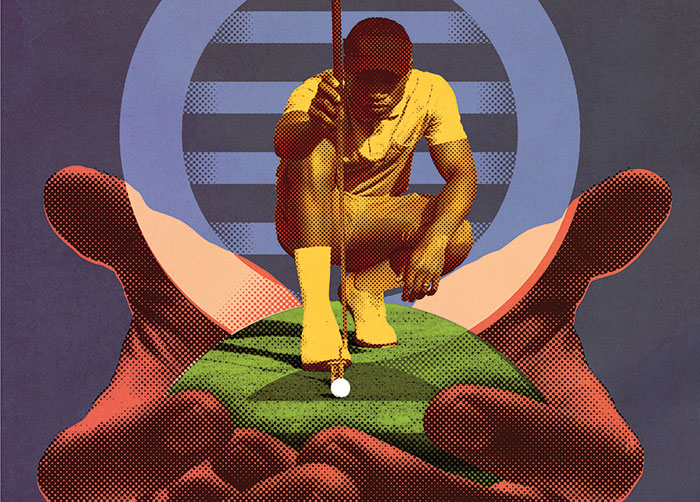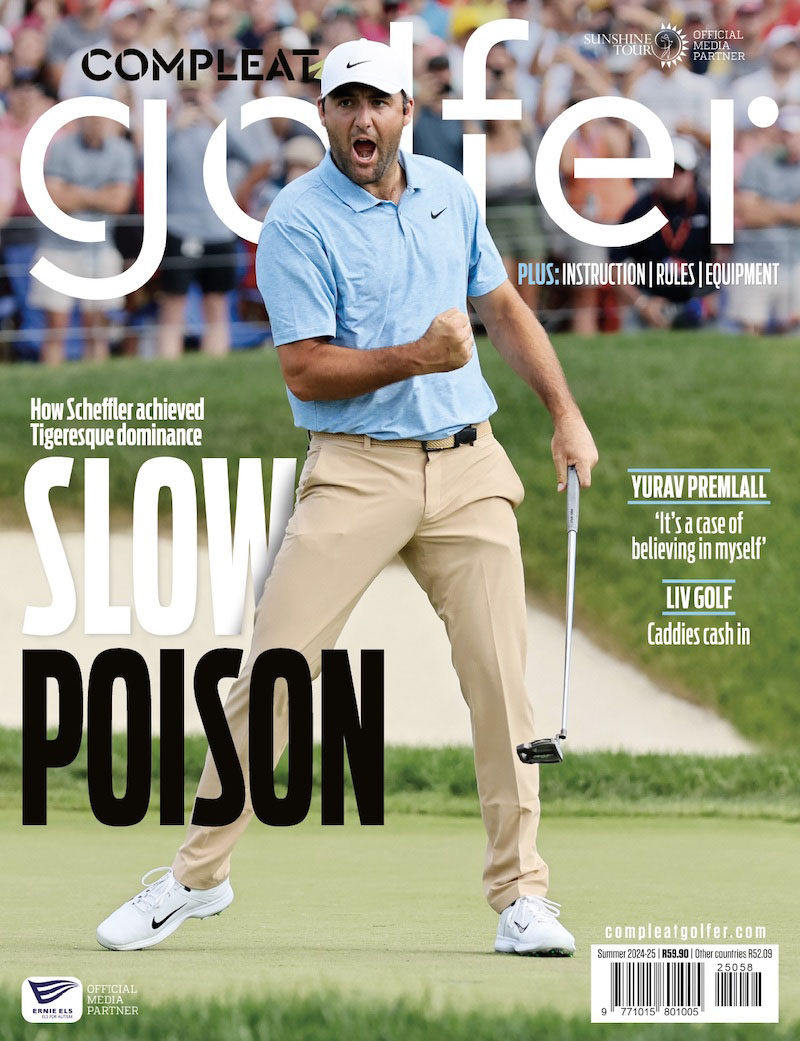I have received plenty of interesting feedback from Compleat Golfer readers based on the topic of our July issue’s article. The concept that our genetic makeup does not necessarily determine our physical and behavioural characteristics seems to be a profound idea to many. This illustrates the influence the medical fraternity has on people’s acceptance of what is factually correct.
Scientists are constantly proclaiming to have found a new gene in human DNA that causes a condition or makes us more susceptible to a specific disease. Medical schools have the doctrine of genetic determinism embedded in their teachings, thus perpetuating the dogma that our genes form an immutable blueprint that our cells must follow. However, we now have proof that it is not the presence of the gene itself that causes the issue to manifest, but more so a specific trigger that allows the gene to become expressed. This is the realm of Epigenetics.
Epigenetics is referred to by science as ‘the study of heritable changes in gene function that occur without a change in the DNA sequence’. Epigeneticists examine the sources that control gene expression from outside the cell. Basically they are looking for the signals that turn genes on and off. Some of those signals are chemical, others are electromagnetic. Signals may come from the environment inside the body, while others are our body’s response to signals from the environment that surrounds our body.
So, our genes contribute to our characteristics but do not determine them. There are two distinct areas an athlete needs to gain control over: the physical environment they find themselves in, and the way in which they perceive it.
Our health and levels of athleticism are two factors we can improve upon if we engage in a training programme and follow a healthy nutritional plan. Research has shown that our genes account for no more than 35% of longevity. Whereas our lifestyle, diet, family support structures and other environmental factors are the major reasons people live longer. So in order to create a champion, one has to immerse oneself in an environment that is conducive to nurturing the required characteristics.
Secondly, the athlete themselves have to be in the right mental state to benefit from the environment. Neuroscientists show how our subjective state of mind, our consciously motivated behaviour and our perception of free will can modulate gene expression to optimise health and performance. Put simply, our daily experiences are influential to expressing innate genes. What is imperative is how we take these facts and experiences and then assign meaning to them. This meaning we assign mentally, emotionally and spiritually is as important to genetic activation as the facts themselves. So our thoughts and feelings are in fact what turn sets of genes on and off. It is therefore a complex relationship. Our genes dance with our awareness.
This has massive ramifications in the world of sport coaching. A coach may have all the knowledge in the world regarding the sport they specialise in, but if they fail to provided an environment that encourages learning and positive reinforcement in their coaching methods, they will constantly fall short of helping their students achieve their true potential. It is also up to parents to constantly provide a supportive environment if they wish their young athlete to reach their true potential.








